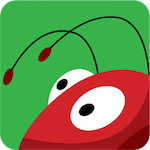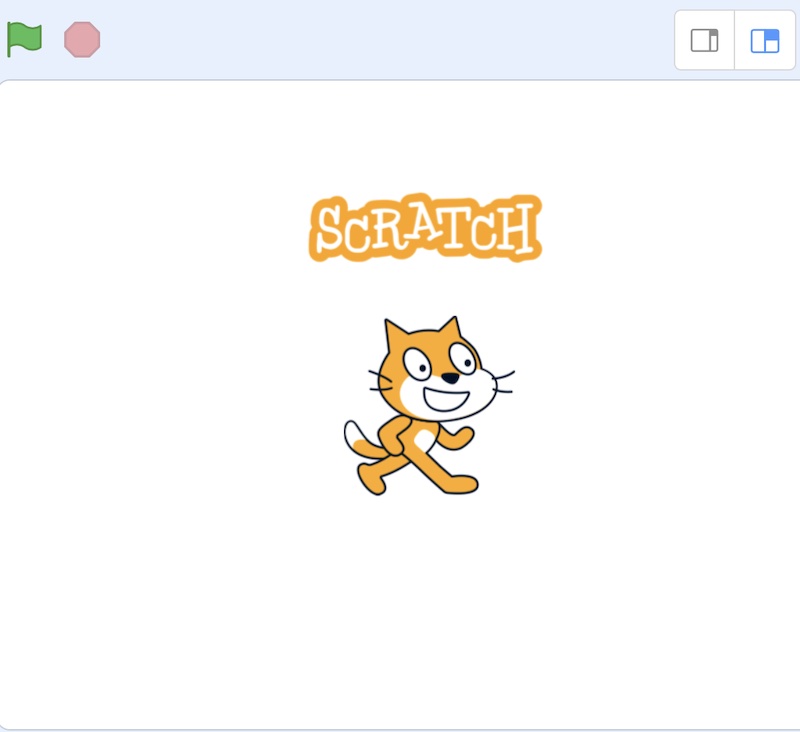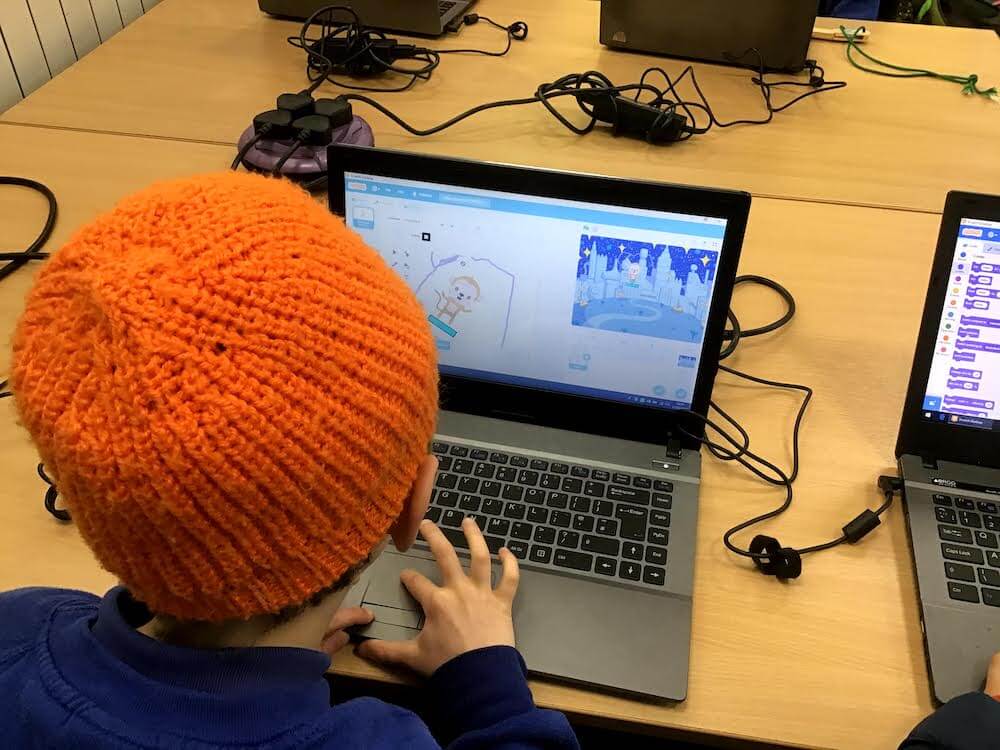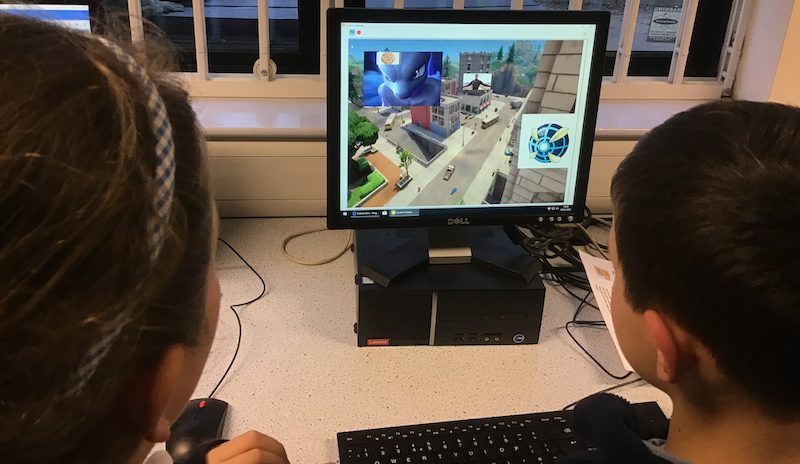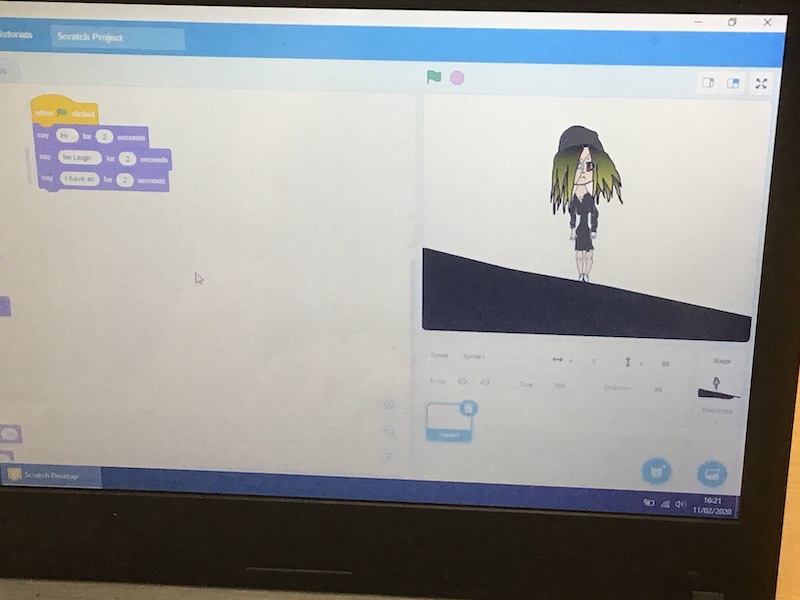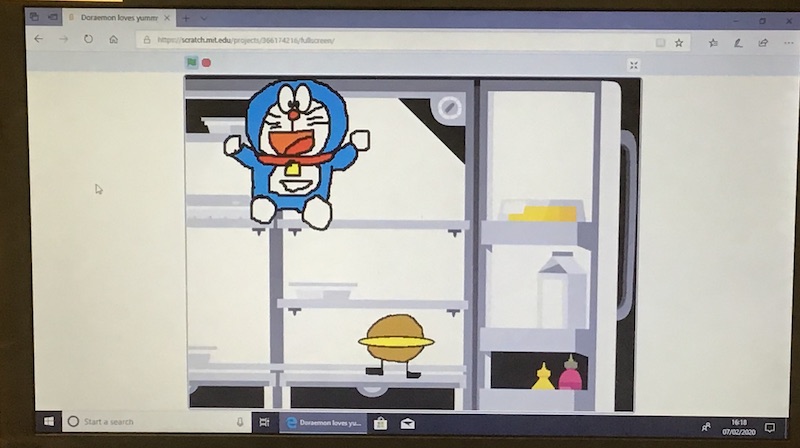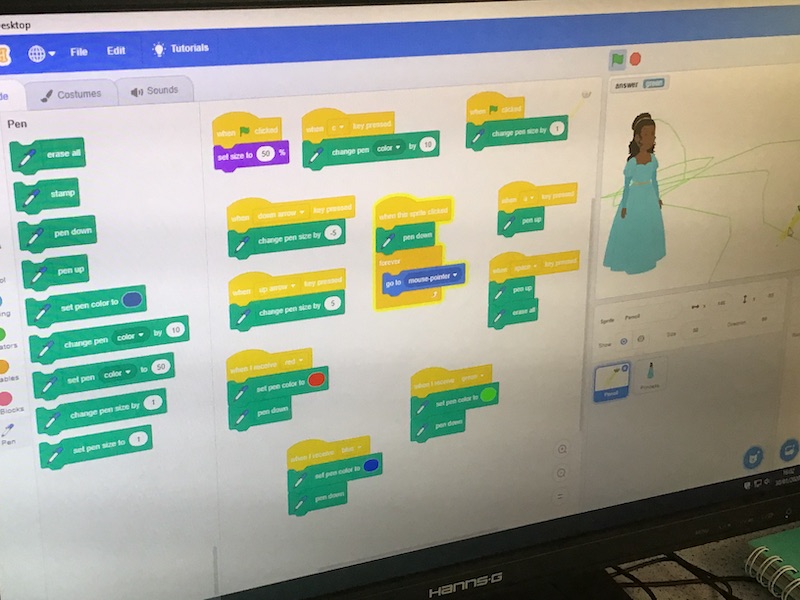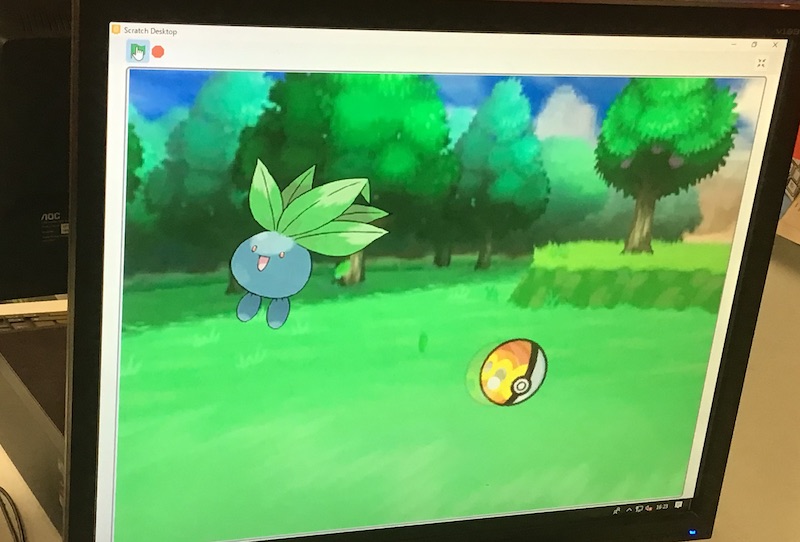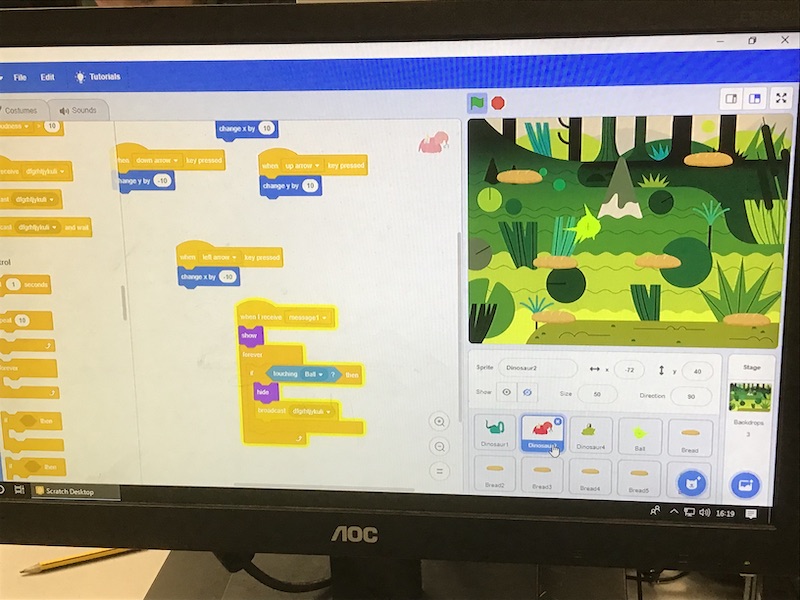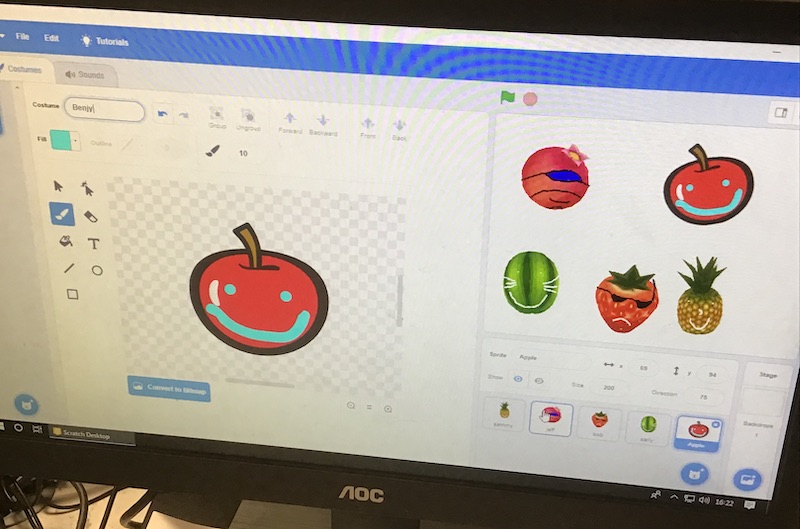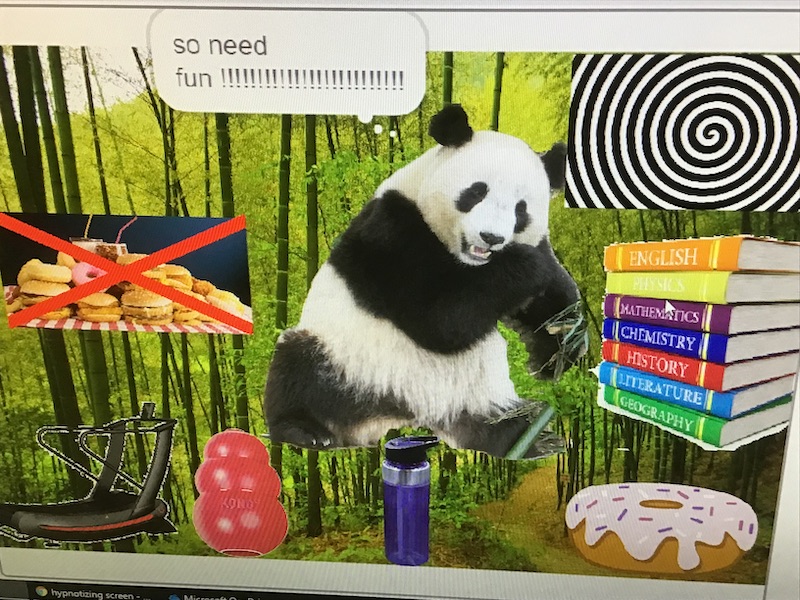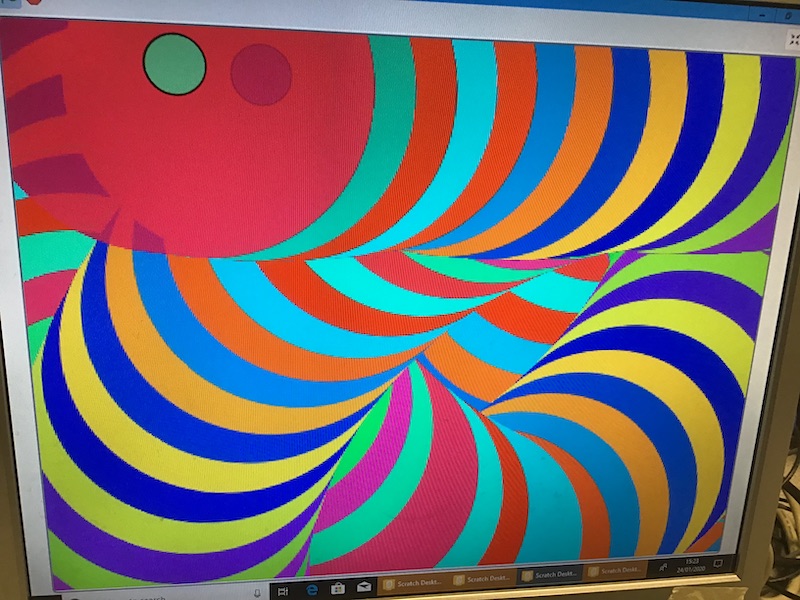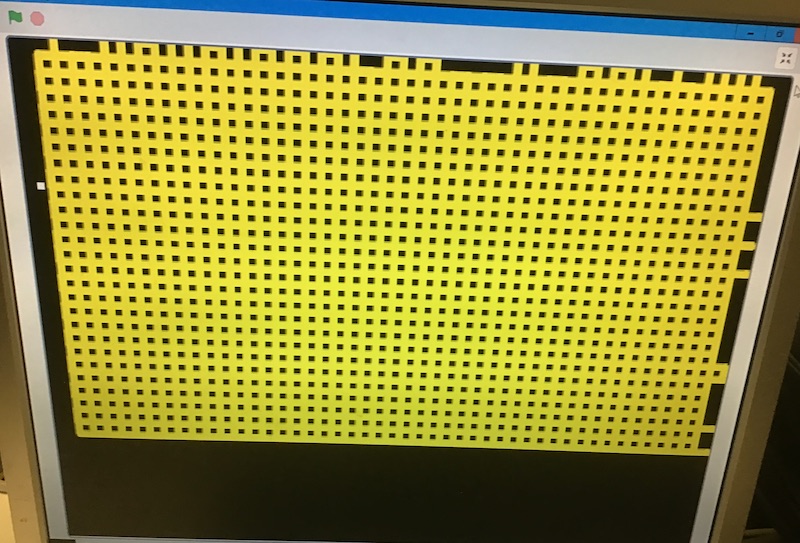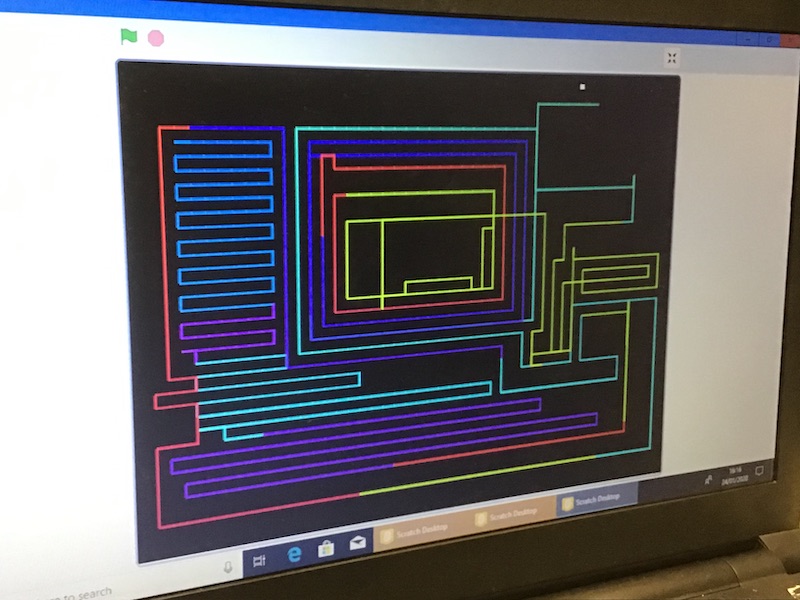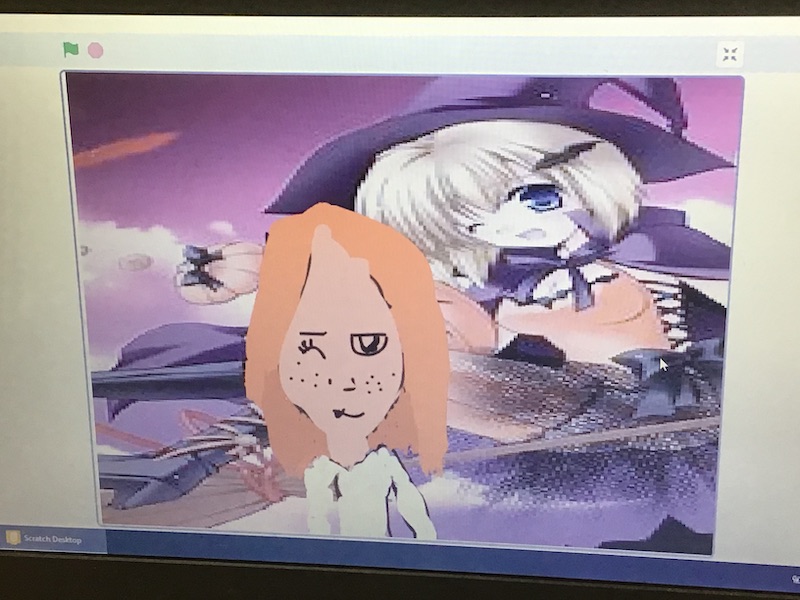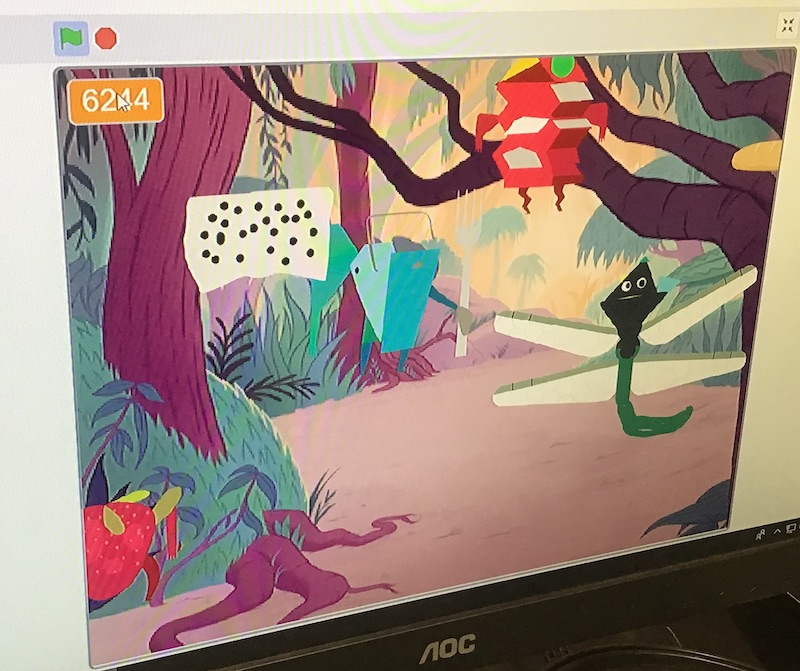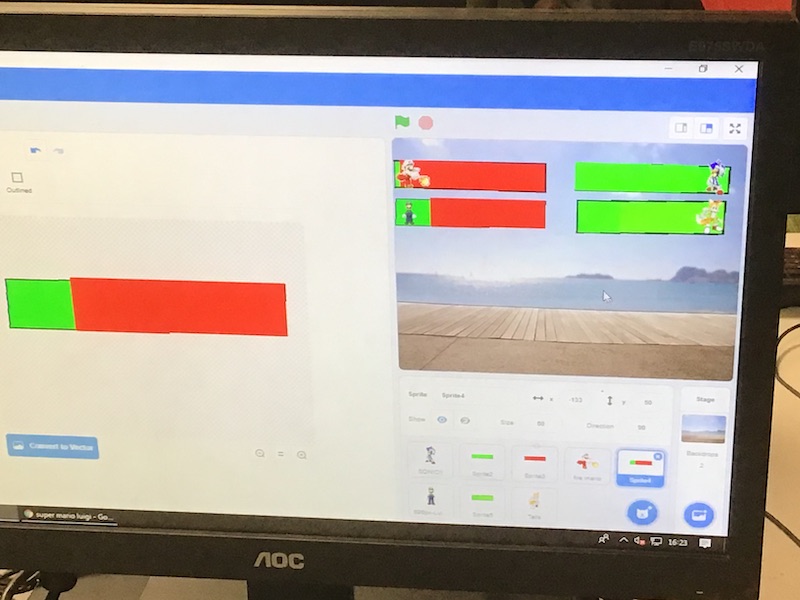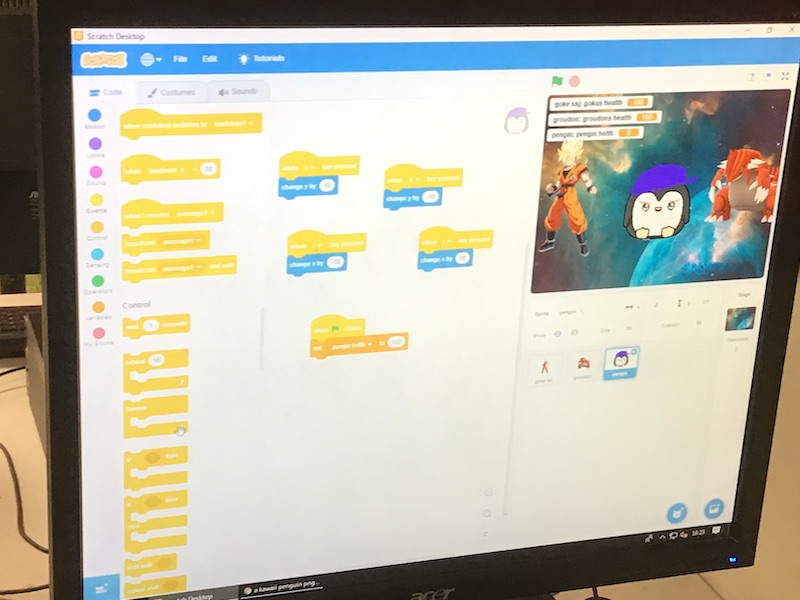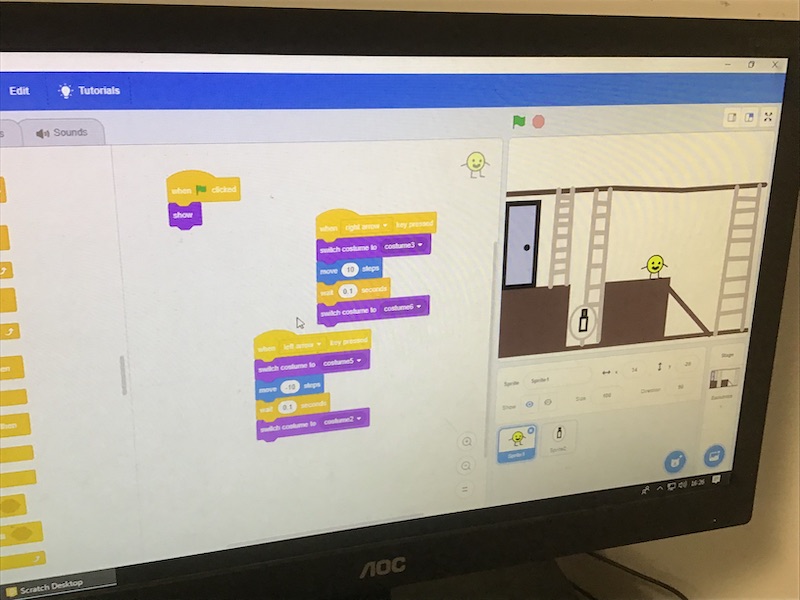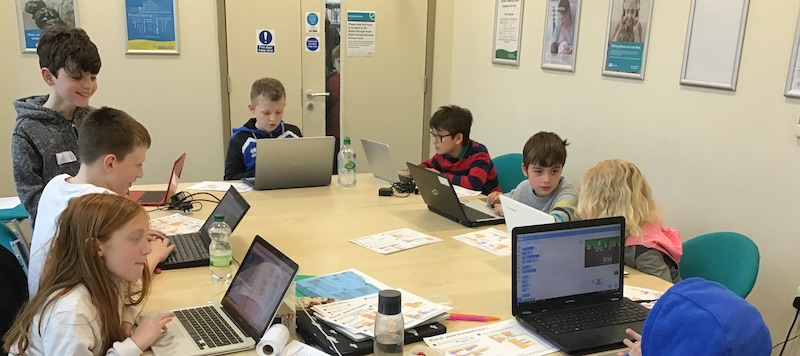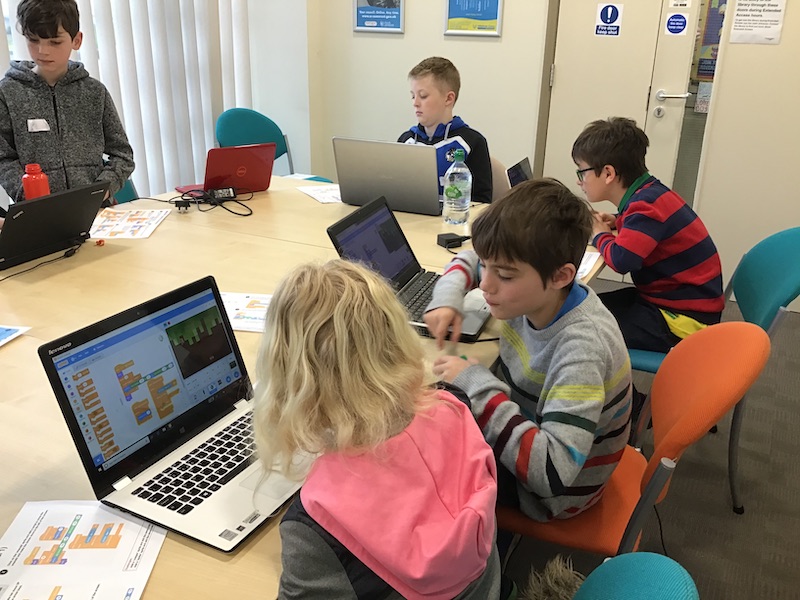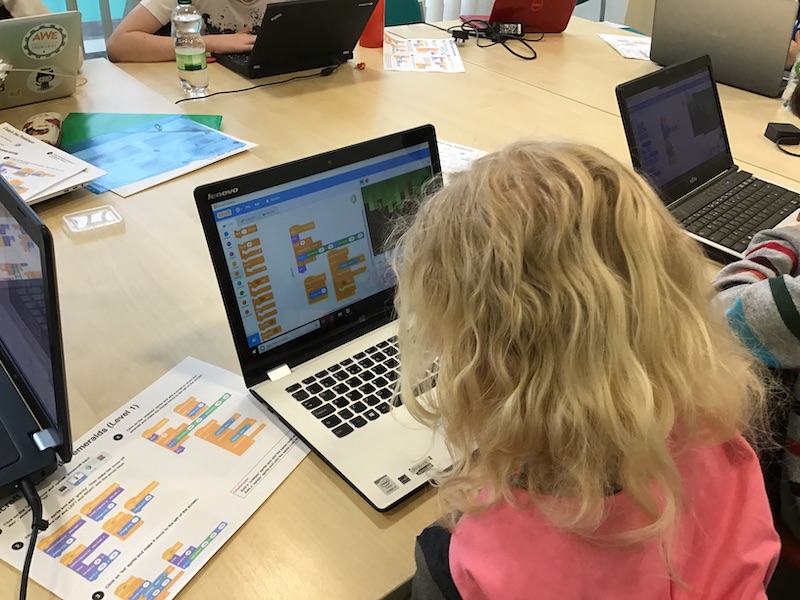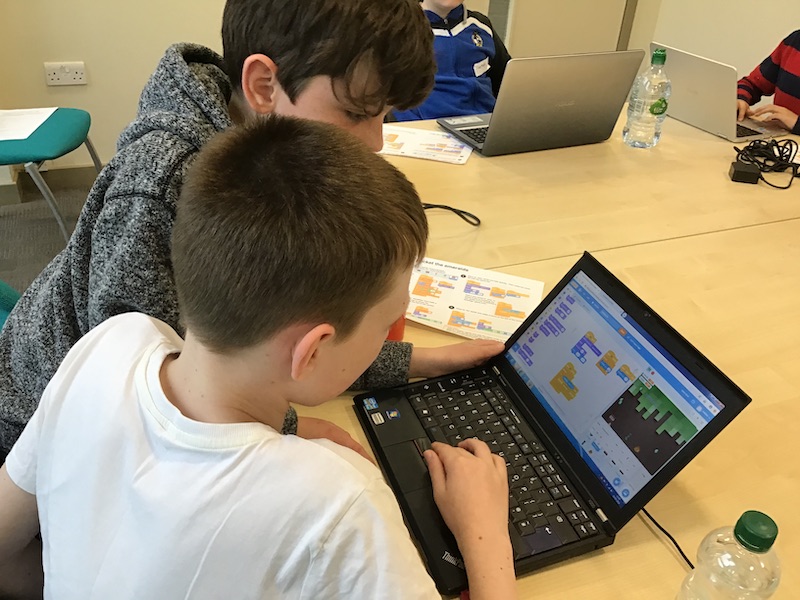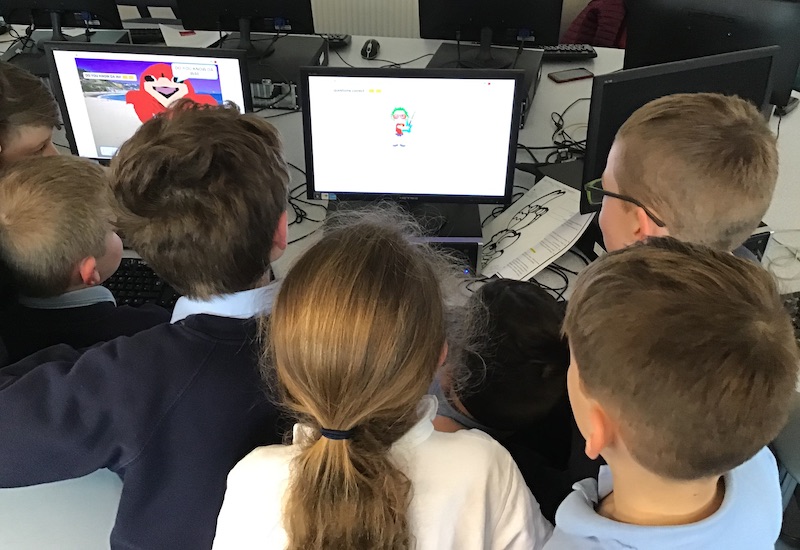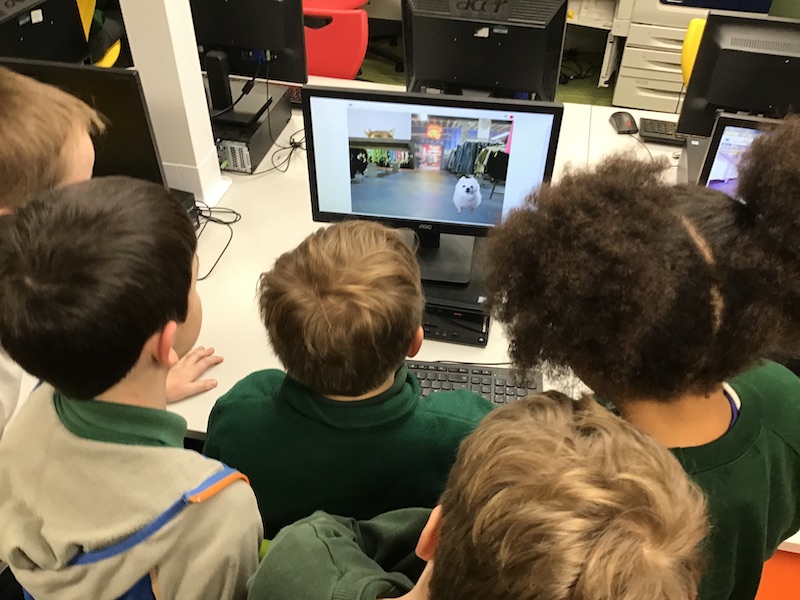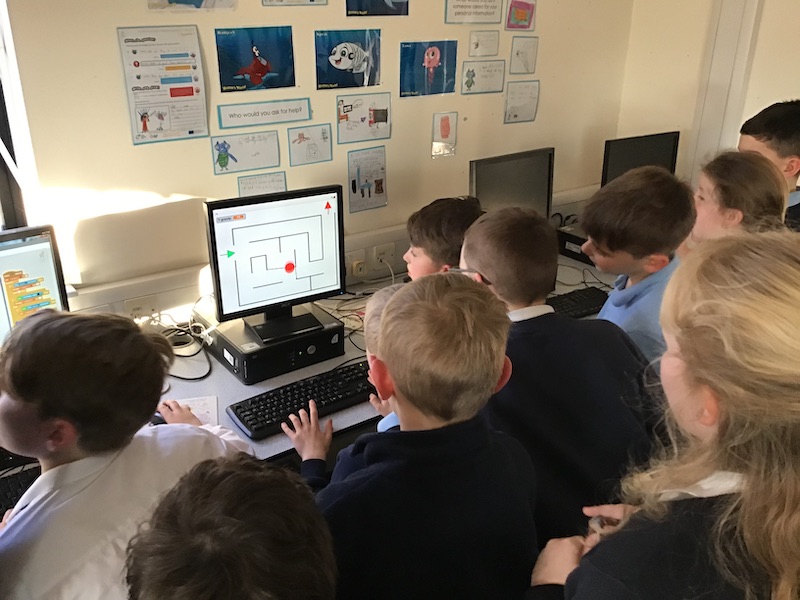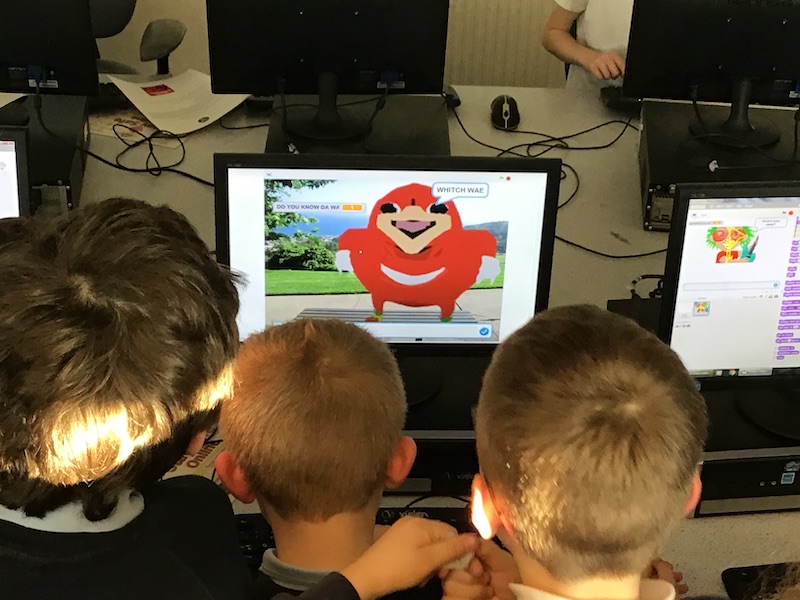This slideshow requires JavaScript.
We held some very successful coding workshops for primary school children at the offices of Viper Innovations in Portishead over the Autumn half-term.
Our hosts made their fantastic boardroom available to us for three mornings during a normal working week. The children turned up with their laptops and learnt to code a spooky game in Scratch, made a Minecraft zombie game, and learnt how to code the micro:bit.
The Minecraft zombie game in particular was a real hit with the children and there was a real buzz in the room with everyone adding their own ideas to the game.
The children had an opportunity to show-off their projects with a ‘show and tell’ at the end of each of the sessions. The grown-ups present were very impressed with their creations.
Thank you to all the parents that let their children attend the sessions – and a special thanks to those who supported their children during the workshops.
Finally, a big *thank you* to Viper Innovations staff for their support with the workshops and to their STEM ambassadors who were of great help – including the ‘magician’!
We hope to repeat the experience again next year!
What parents told us was the best thing about the workshops:
“My son loved everything about this workshop”
“The boys hadn’t used the micro:bit before, so it gave them a new experience in coding in a relaxed atmosphere.”
“Thought the Halloween content was great.”
“Flexibility to fit all ages and abilities”
“My son was engaged and excited… he’s looking forward to attending again.”
